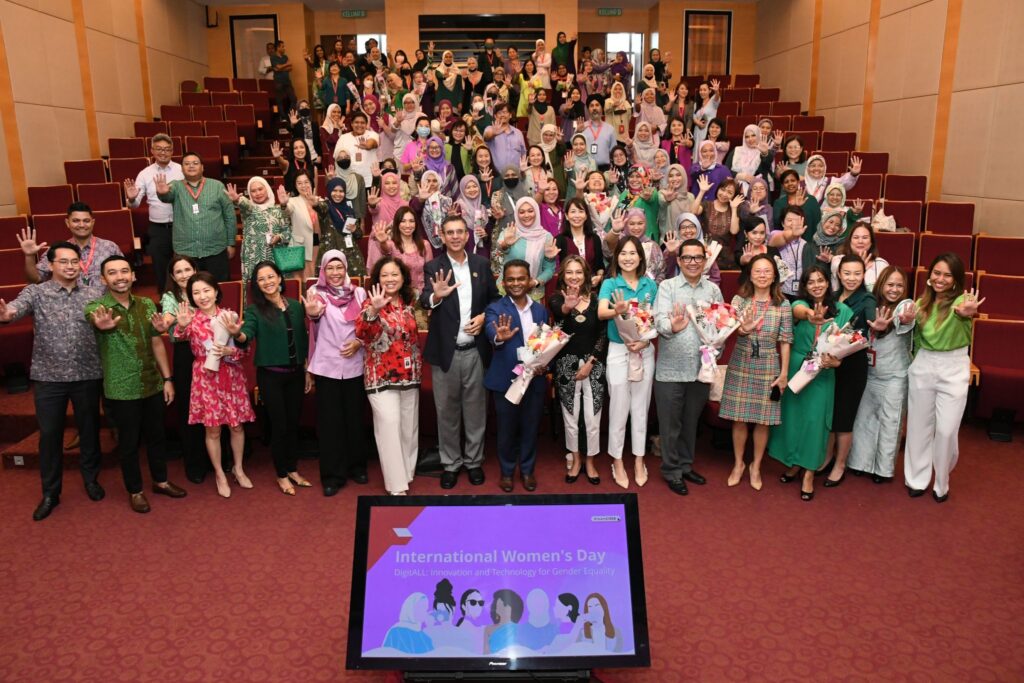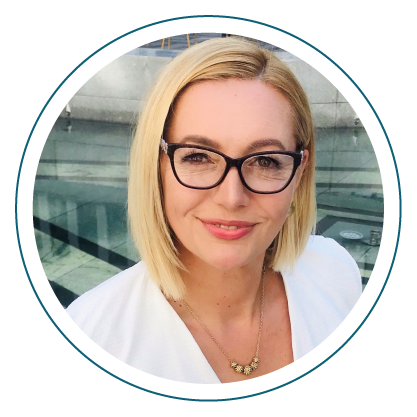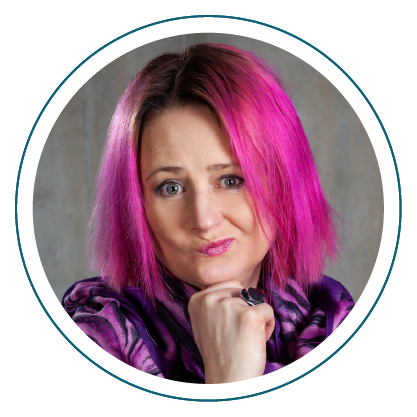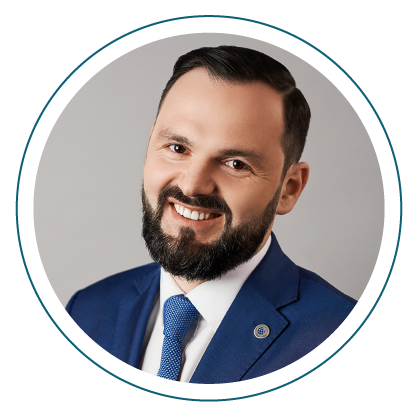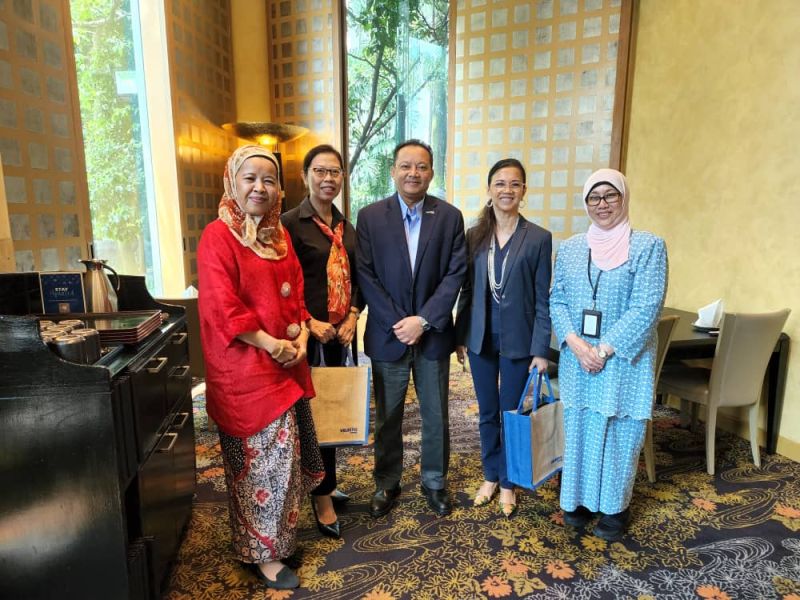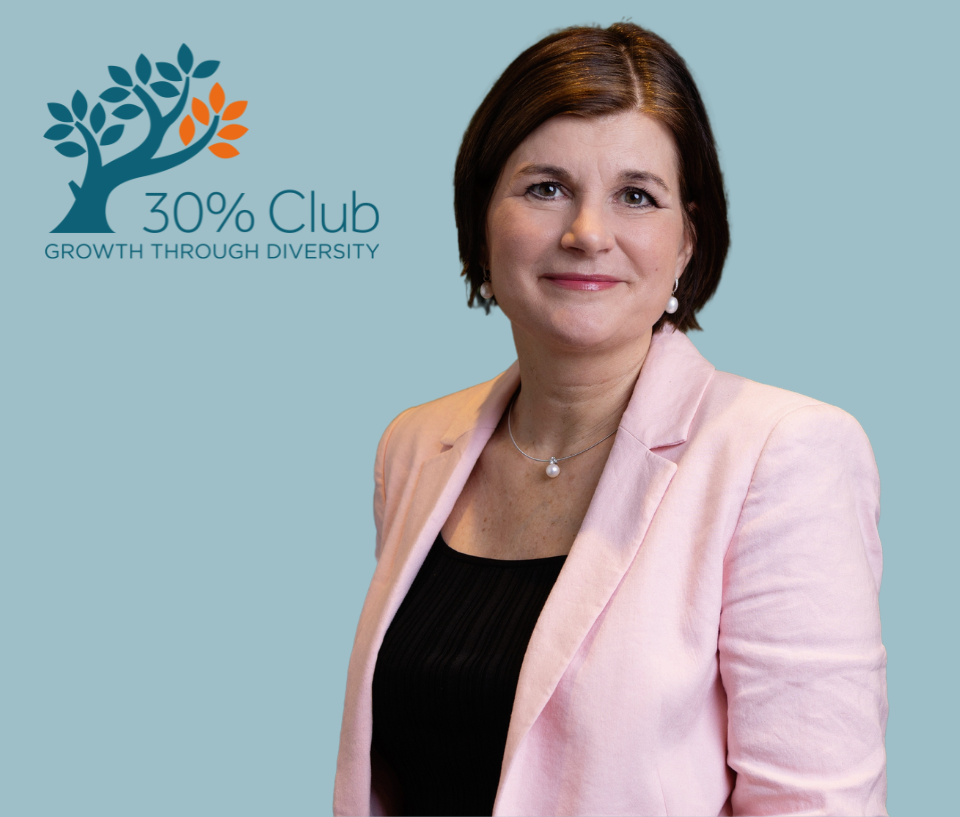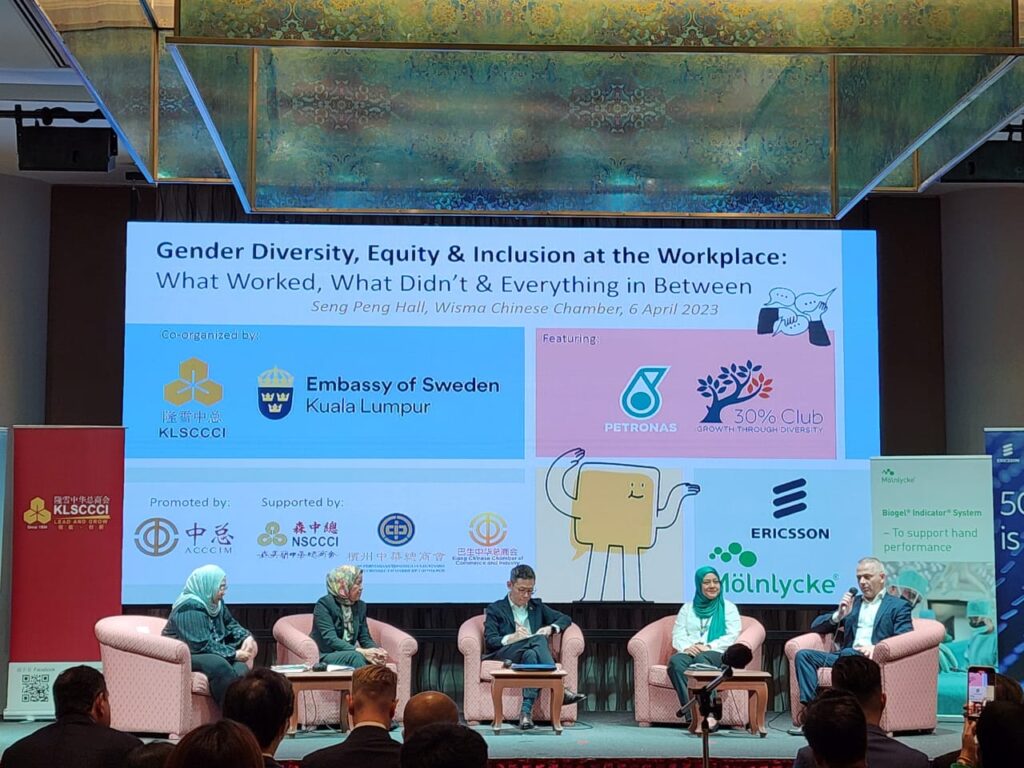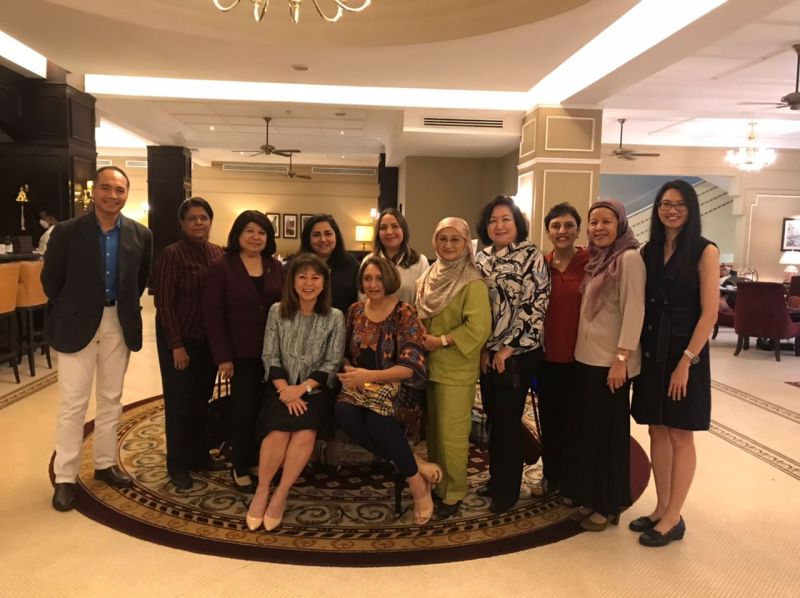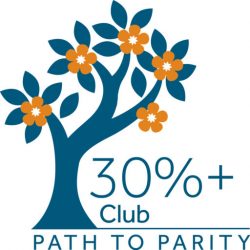The 30% Club Malaysia collaborated with CIMB to celebrate International Women’s Day 2023 at Menara CIMB with a series of exciting sharing sessions and a stimulating all-women panel discussion.
With the theme #EmbraceEquity, which is part of an ongoing effort to raise awareness around “Why equal opportunities are no longer enough”, the session was both engaging and stimulating, highlighting the need for more women to be included in the digital economy.
The panel discussion featured female leaders who raised important points about how digital technology has opened new doors for women empowerment.
As we continue to work towards gender equality, corporate advocates like CIMB has taken proactive steps to advance the discourse on diversity, equity and inclusion (DEI) and inspire actions to achieve gender parity and inclusive diversity.

